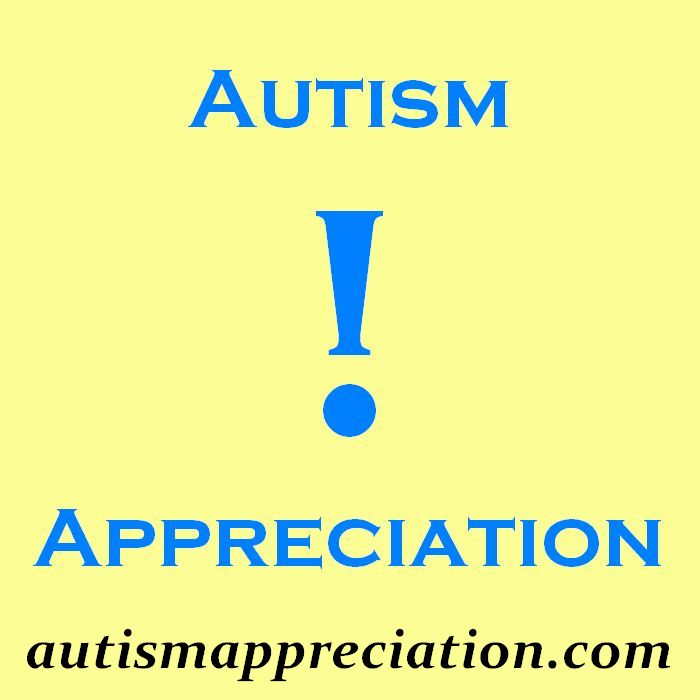Home | Poems | Plays | Short Stories | Essays | Children's Stories | Children's Poems | German | Photographs | Autism Appreciation | Contact
Read more on
|
Tweet
|
When the principal of an Italian school is looking for a new class teacher, they’ll be looking for someone who speaks Italian – and not only someone who knows a few words and phrases but ideally a native speaker, or at least someone who has a profound knowledge of the language. No matter what qualifications and references other candidates may have, they wouldn’t be able to communicate with and pass on their knowledge to Italian children.
The same concept applies to autistic children. The only one who can fully understand an autistic person is an autistic person.
For example, a long time before I realised that I am autistic myself, I had a major breakthrough with an autistic girl in a crčche simply by encouraging other children to approach her and play with her (see the ‘Martha’ example in Growing Up Autistically). For me as an autistic person this was mere common sense while several years later non-autistic professionals needed to conduct experiments to come to this recommendation.
With teachers whose minds work the same way as ours, autistic children would get a realistic chance to develop their full potential. The teachers’ ability to relate to their mindsets would minimise conflict potential, misunderstandings, unnecessary stress and meltdowns and create a supportive and productive environment.
In an ideal world autistic children would be taught in autistic classes by autistic teachers in mainstream schools, based on curricula developed by autistic educators. While it is necessary to get the children used to non-autistic peers, our way of thinking requires teaching methods that focus on visual and creative learning and avoid repetition. However, these classes shouldn’t be restricted to autistic children; I imagine there are also non-autistic children who could profit from such an approach.
Also, most autistic children develop one or more areas of expertise at a very early age. These interests should be actively encouraged and, as much as possible, integrated into the curriculum.
Just like autistic children are easily discouraged and tend to give up on themselves as soon as others do, an encouraging environment that respects and supports our individuality will bring out the best in us and produce results that few people would consider possible.